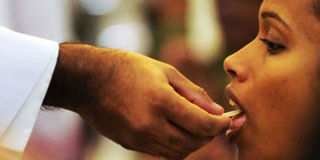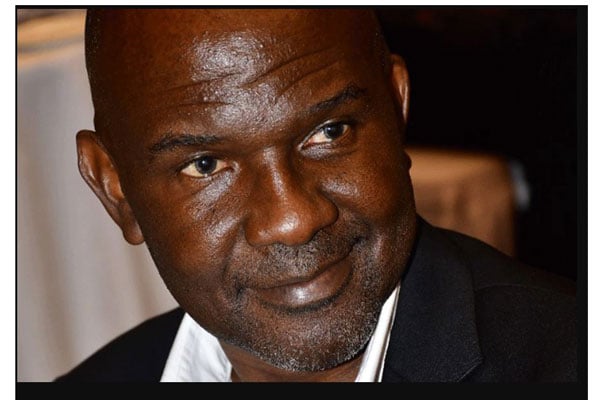Parents should prepare children for Eucharist

I was recently disturbed by the indecency of a 23-year-old girl, who went to receive the Eucharist. She was dressed inappropriately and worst all she didn’t even know what to say as the priest administered the body of Christ.
As this seemed no flagrant violation or extreme problem from the girl, other people in the line were deeply concerned as they kept waiting as the priest was patient to hear the response from the communicant. This happened at Kiwamirembe, the Catholic prayer centre at Nakigalala-Kajjansi in Lweza Parish. Later, the parent hastily came to the rescue of the daughter and told her to say “Amen”.
The catechist had even guided us that we were to receive the Eucharist only on the tongue and not in the hand. Usually, when the priest holds up the Host and says, “The Body of Christ,” the communicant answers, “Amen” That is not an English word; it’s an Aramaic word. It is pronounced “Ahmeen,” and it means, “So be it” “I agree.” “I believe.” “It is the Body of Christ.” That’s what the “Amen” means: “I honestly believe that when I receive, it is Christ, and so I say Amen.” What surprised me most was when the catechist talked to the girl after the celebration of mass, she didn’t want to be guided and just burst into tears; alleging that the catechist was rude to her. Later, the father joined and instead of clearly understanding the story to guide the daughter properly, also joined in attacking the catechist.
The father claimed that his daughter had come to Kiwamirembe for the first time and didn’t deserve to be embarrassed by the catechist. He even said that her daughter stays out of the country and didn’t know the culture of receiving the Eucharist and yet we all know that catholic practices are universal world over. He was even forcing the catechist to apologize to the girl and failed to realize that the problem was with her daughter.
As parents we don’t need to be defensive on our children but rather help them to be guided to avoid embarrassments.
Nicholas Bwebare,
Kampala




